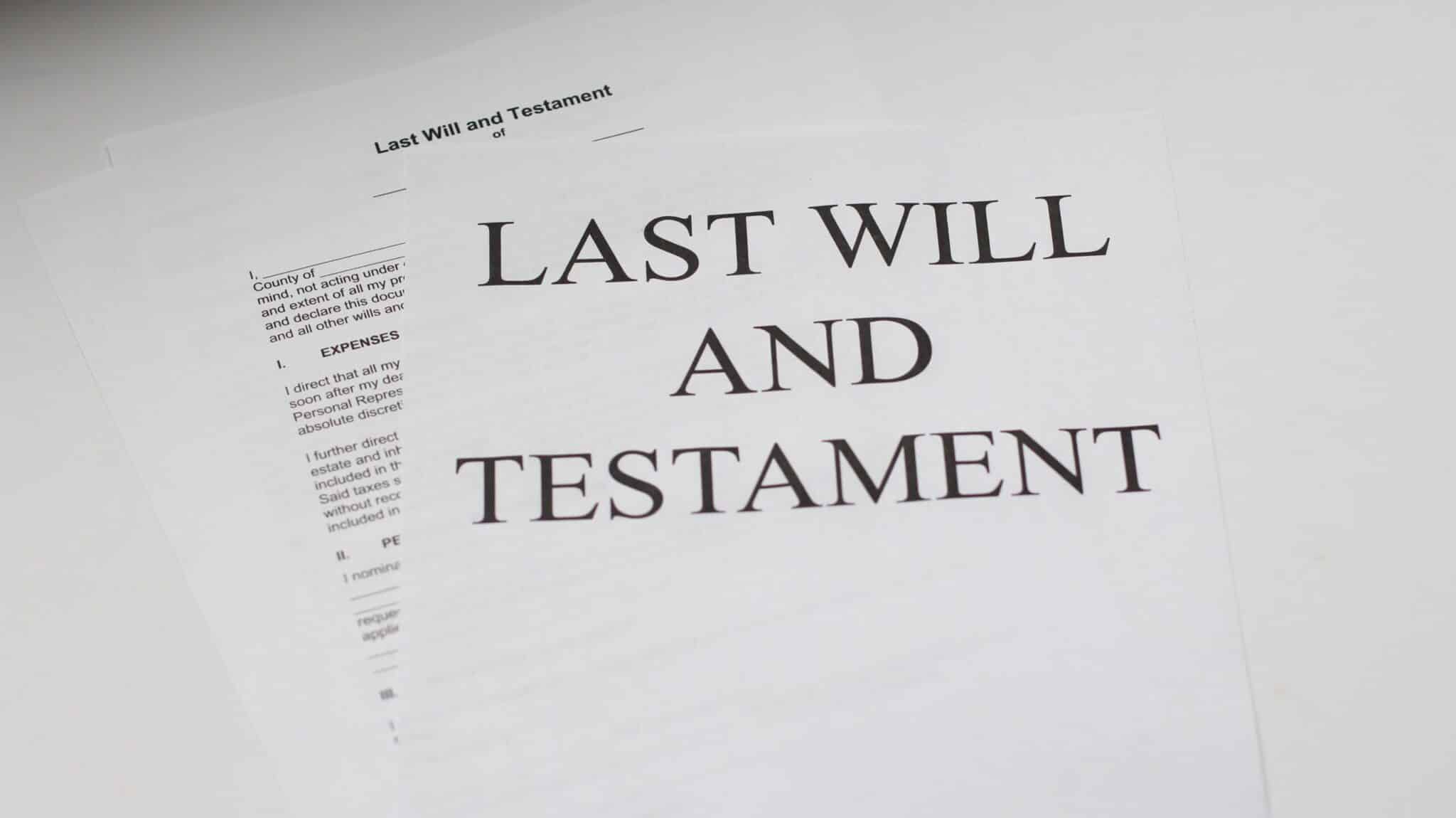
A Guide to Estate Planning, Wills and Trusts for Families
One of the most important things you can do is start preparing an estate plan and instill a will or trust for your family. A common misconception is that you have to have a lot of money or own a bunch of assets to do this, but you don’t. Getting ahead on estate planning can alleviate the burden and stress from your family, as well as ensuring everything transfers to the people you intend and knowing you have complete control over your assets.
What is Estate Planning?
Estate planning is taking all of your assets, including your home, car, bank accounts, furniture and anything else you own, and providing instructions for who you’d like to receive each item. Sounds easy enough, right?
Many people think they aren’t old enough to create an estate plan – that you have to be retired, or on the brink of death to even consider what you’re going to do with your assets, and this can lead to complications. You might not have an estate plan, but your state will decide what happens to your assets and how to care for you or distribute your estate if you become too disabled to make decisions for yourself, or if you pass before planning.
This is reasoning enough for you to consider planning for your assets to be taken care of. After all, most people want the control of dealing with their own property, not leave it up to the government.
Where to Begin: A Living Trust or Will?
A living trust is one that takes effect while you are still alive. It can be revocable, meaning it can be altered at any time, or irrevocable, meaning that it’s permanent.
Trusts are commonly used in estate planning to avoid probate, a legal process that involves proving a will. It’s not a cheap process, so a trust is a great workaround to the system. Another way that a trust saves money is that it helps minimize the taxes that are associated with estates. The upfront fees are a bit more expensive, but it ends up saving you and your family money in the long run.
A will helps to express your wishes on a document, and only becomes active after passing. It is used for the distribution of possessions, as well as naming guardianship of minor children, something a trust cannot designate. There is no way to skip probate with a will, which is why trusts have become increasingly more popular over the years, especially for those who want to maximize the wealth for their heirs.
Peace of Mind
If you are considering a trust or a will, or even both, your best option is to talk to a professional about which is right for you. Working through this process sooner rather than later can prevent even more money from being spent down the road, and can eliminate the consequences involved with not creating one at all. Thinking and talking about death isn’t easy, and many people like to avoid it. To ensure your peace of mind by knowing everything is taken care of, reach out to Bumgardner Morrison where we can provide you with the knowledge and guidance you need to make a decision on what estate planning route you should take.
